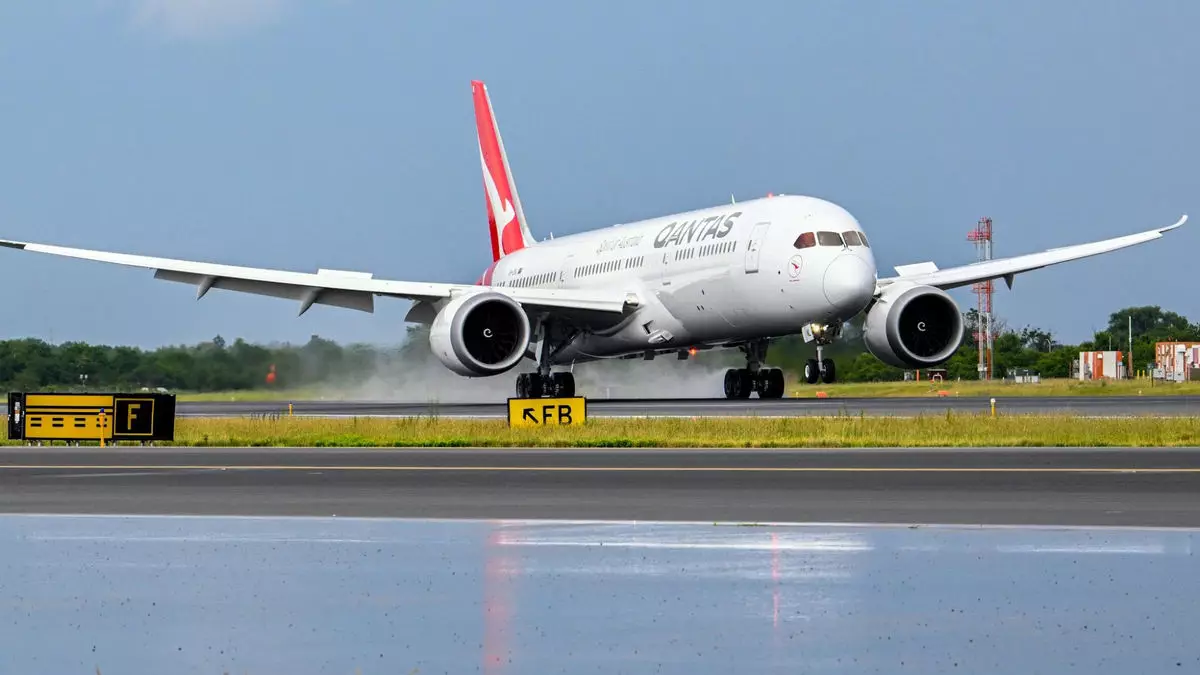Effective July 1, Qantas Airlines will implement surcharges for bookings made through Global Distribution Systems (GDS), marking a significant shift in its distribution strategy aimed at streamlining operations and enhancing cost efficiency. The $13 surcharge for each segment booked through traditional GDS channels for U.S. clients reflects the airline’s ongoing efforts to adapt to a rapidly changing travel landscape and rising operational costs. This move serves as part of a broader trend among airlines worldwide looking to optimize their distribution channels while negotiating increasing technological demands.
NDC Pricing Model: A Dual Approach
In contrast to GDS bookings, Qantas’s New Distribution Capability (NDC) bookings, processed through platforms like Sabre, Travelport, or Amadeus, will incur a significantly lower surcharge of just $3. This pricing structure illustrates Qantas’s push towards modernizing its booking processes and encouraging adoption of NDC systems, which promise to enhance pricing transparency and adaptability. The airline has emphasized that by booking through its own Qantas Distribution Platform or selected NDC aggregators, travel advisors can entirely sidestep these distribution fees.
The dual pricing structure also suggests an incentive for travel agents to embrace newer technologies. While traditional GDS channels have dominated the booking landscape for decades, the NDC route is poised to offer more competitive and dynamic fare options as airlines look to build stronger relationships with travel partners. This strategic pivot can help Qantas differentiate itself in a crowded marketplace.
Enhanced Features for Advisors
As part of its revised NDC framework, Qantas has outlined a series of benefits aimed at travel advisors who prefer to utilize its NDC platform. Notably, agents will be able to access dynamic commission offers, securing their earnings directly tied to booking performance. Additionally, the ability to lock in prices five days prior to ticketing is a crucial advantage, providing advisors with better planning capabilities and reducing price volatility risk.
To further entice agencies, Qantas is rolling out a Premium NDC program specifically for selected partners. Agencies participating in this initiative will enjoy differentiated pricing structures, giving them a competitive edge over those relying on conventional GDS systems. Special recognition and tailored offers for frequent customers is another feature that positions Qantas as a customer-centric airline, enhancing the relationship between the airline and its clients.
Qantas’s initiative to impose GDS surcharges represents a pivotal moment in its journey towards modernizing its booking and distribution processes. By incentivizing the use of NDC technology, the airline aims to streamline its operations and cultivate closer ties with travel agents. Adapting to the evolving demands of the travel industry, Qantas is not merely responding to market pressures but taking bold steps to innovate and enhance both customer and advisor experiences. As NDC adoption expands, this could reshape how airlines and travel agencies collaborate, paving the way for a more efficient and customer-focused travel ecosystem.


Leave a Reply